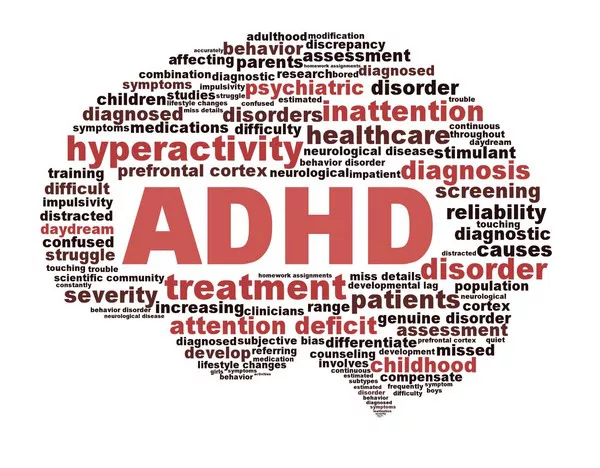A recent study published in Clinical Psychology & Psychotherapy reveals that excessive mind wandering, combined with rumination and decreased mindfulness, may mediate the relationship between ADHD symptoms and increased depression and anxiety. The research suggests that individuals with ADHD are more prone to these cognitive and emotional challenges, which can exacerbate their symptoms of depression and anxiety.
ADHD, or attention-deficit/hyperactivity disorder, is a neurodevelopmental disorder characterized by persistent inattention, hyperactivity, and impulsivity that disrupt daily functioning. While ADHD is often diagnosed in childhood, its symptoms can persist into adulthood, though they may diminish over time.
Recent studies have highlighted that adults with ADHD frequently experience co-occurring symptoms of depression and anxiety. Researchers, including study author Ali Kandeger, have turned their attention to excessive mind wandering—a cognitive state where thoughts drift away from the task at hand—as a potential mediator in this relationship.
Mind wandering, while a normal cognitive process, is particularly prevalent and problematic in individuals with ADHD, often resulting in frequent and disruptive shifts in thought. This excessive mind wandering can lead to mental restlessness and heightened cognitive activity. Additionally, decreased mindfulness, which involves a non-judgmental awareness of the present moment, may exacerbate these issues. Trait mindfulness, the natural inclination to be mindful, can vary among individuals.
The study involved 159 adults with ADHD from the Adult Neurodevelopmental Disorder Clinic at Selçuk University, with 57% of participants being women and 21% having a history of substance use. Participants were assessed for ADHD symptom severity, anxiety and depression, proneness to mind wandering, rumination, and mindfulness.
The findings revealed that individuals with severe ADHD symptoms also exhibited higher levels of depression and anxiety, increased tendencies for mind wandering and rumination, and lower levels of trait mindfulness. The researchers employed a statistical model to test whether ADHD symptoms lead to greater mind wandering, rumination, and reduced mindfulness, which in turn exacerbates depression and anxiety.
The results support the hypothesis that excessive mind wandering, rumination, and reduced mindfulness mediate the relationship between ADHD and depression/anxiety. The study highlights potential intervention targets, such as addressing excessive mind wandering and rumination, and emphasizes the importance of treating core ADHD symptoms to alleviate comorbid conditions.
“Our study unveiled a positive association between ADHD symptoms and anxiety/depression severity mediated by increased excessive mind wandering, rumination, and decreased trait mindfulness in adults with ADHD. These findings underscore the need for targeted treatments addressing these factors in managing comorbid anxiety and depression,” the authors concluded.
While the study provides valuable insights into the connections between ADHD and mood disorders, it is important to note that the research design does not allow for definitive cause-and-effect conclusions.
The study, titled “Excessive Mind Wandering, Rumination, and Mindfulness Mediate the Relationship Between ADHD Symptoms and Anxiety and Depression in Adults with ADHD,” was conducted by Ali Kandeger, Şerife Odabas Ünal, Muhammed Tugrul Ergün, and Emine Yavuz Ataslar.


